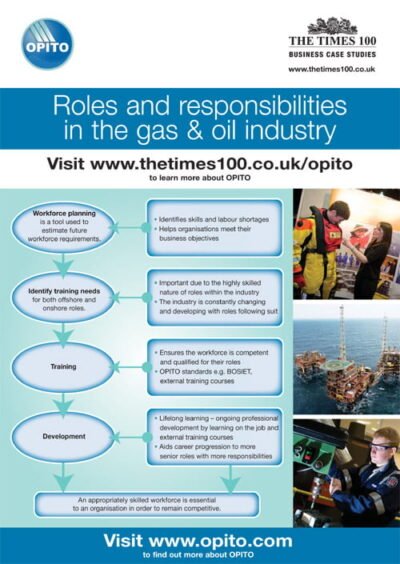This week we witnessed the end of the two-month-long summer hit reality TV show ‘Love Island’. This show has grown in popularity this year in its fourth year of existence, largely due to a dedicated social media following, but from a business stance it has shown how an in-house TV production can generate a lot of revenue both through advertising sales and importantly the selling of the concept to other countries from around the world.
When looking at various reality TV shows, from The X Factor to Britain’s Got Talent to The Voice and many more, you are likely to find local versions in countries you are visiting from Germany to Vietnam. Over the past decade, it seems that the reality TV shows get the millennials – those that fall between the age bracket of 18-34 – really hooked, and from a revenue standpoint, the longer the show the higher the gross earnings are for a TV company.
For those wondering why new contestants were still being introduced to the Villa in Love Island even two weeks before the show Finale, perhaps looking at the financial returns might answer that question. It is estimated that ITV2 have charged anything between £30,000 and £50,000 for brands to feature on Love Island this year. Big sponsors of Love Island were expected to pay a minimum of £1m to become a sponsor. With the main brand sponsoring the show, high street giants Superdrug, shelling out more than £4m for its headline sponsorship. Some of the other main brands that got an extensive airtime during the British summer include: Ministry of Sound, Missguided and Kellogg’s. One might argue that ITV has a no deposit freespins approach when it comes to its sponsorship goals.
With a captive audience of tens of millions for ITV, both live and on-demand, it really is a win-win situation for both advertisers and ITV. However, the big revenue maker derives from the selling of international versions of Love Island to other countries, along with other popular reality TV shows amounting to a 55% rise in revenues for ITV, making them a cool 247m in the first six months of 2018. Add this to the 16% rise for the programme-making division of ITV and you will get £801m that forms over half of ITV’s total external revenue.
If that’s not enough, fans of the show were now able to buy their very own personalised Love Island water bottles and other accessories. Not to mentions the availability of the App and a daily podcast too and even the Love Island beach at Thorpe Park. When comparing all this revenue making through a TV show to the World Cup 2018which cost ITV tens of millions to broadcast, it becomes a no-brainer as to what the ITV executives will want to outlay their money on in the coming years.
 Using promotion to campaign for public services (MP3)
Using promotion to campaign for public services (MP3)  OPITO A3 ePoster Edition 16 "Roles and Responsibilities"
OPITO A3 ePoster Edition 16 "Roles and Responsibilities" 